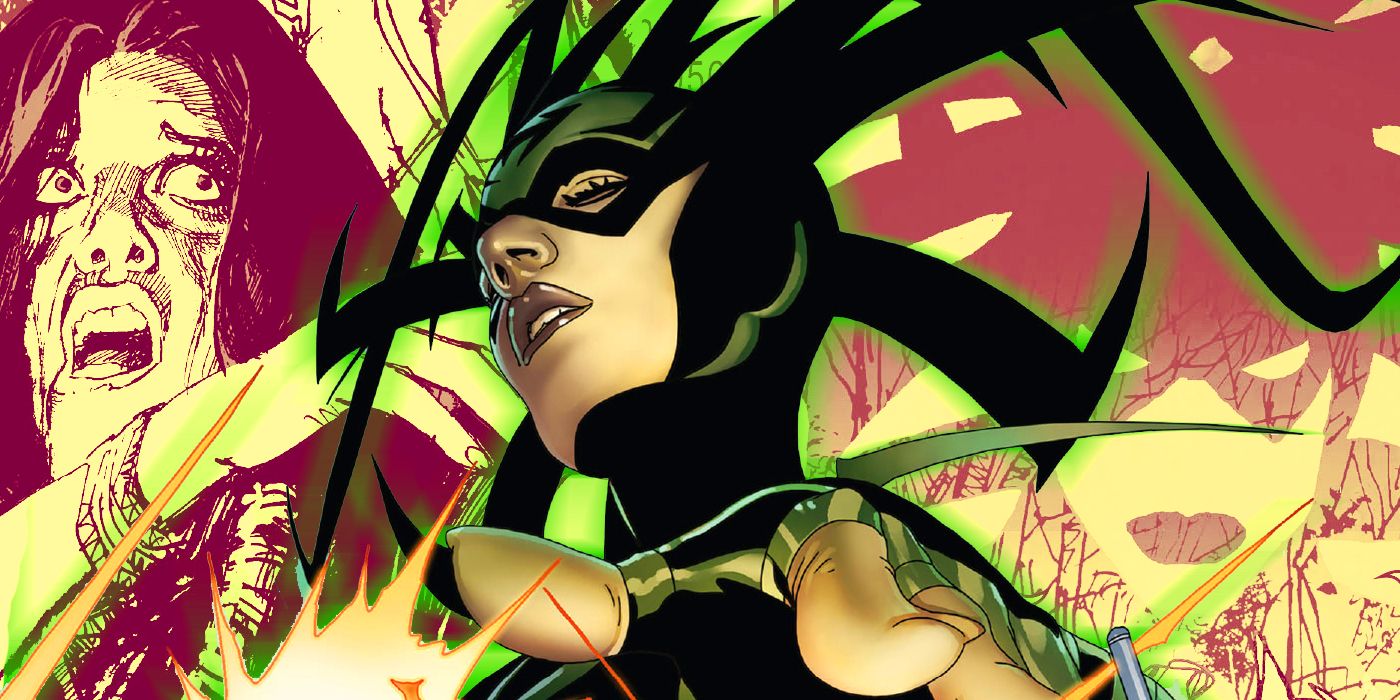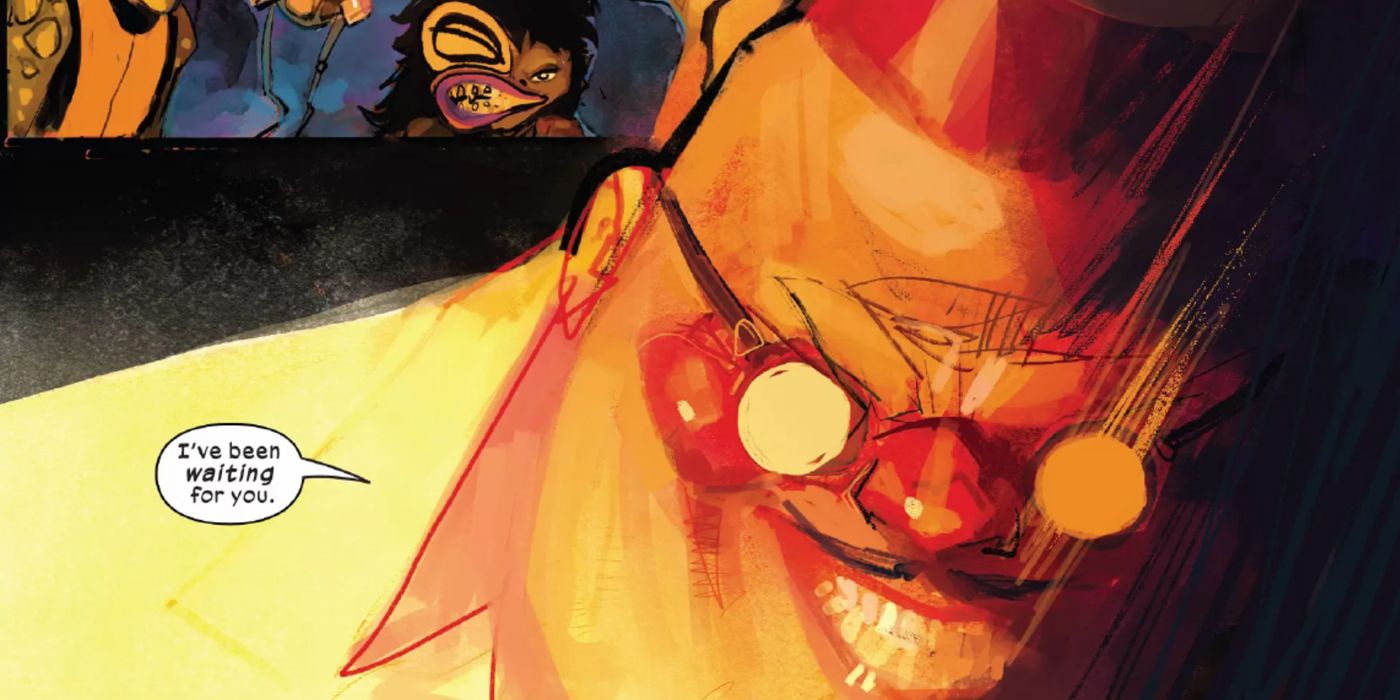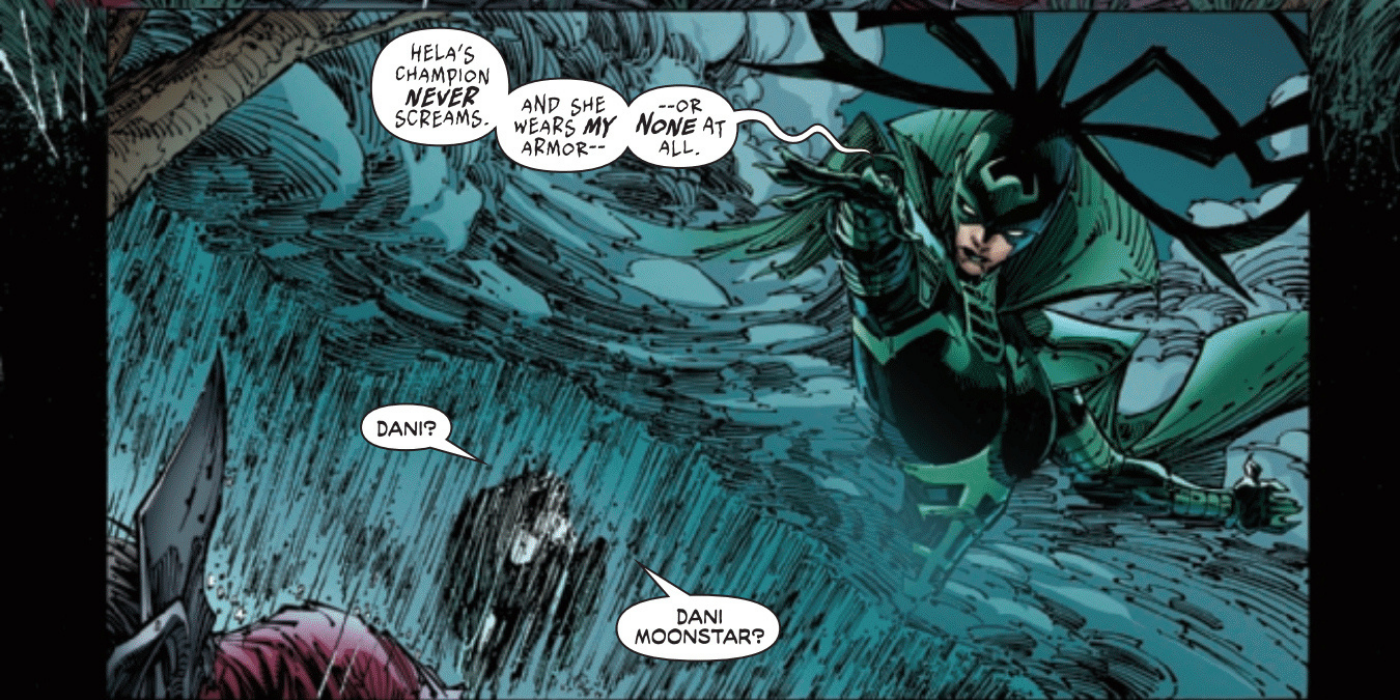
WARNING: The following article contains spoilers for Chris Claremont Anniversary Special #1 by Chris Claremont, Bill Sienkiewicz, Sean Chen, Diego Olortegui, Brett Booth, Marc Deering, Roberto Poggi, Adelso Corona, and Tom Orzechowski, on sale now.
Despite both being villains in the Marvel Universe, Hela and the Shadow King are in direct opposition to one another. This is not something unheard of in comics, but at the same time is not a regular occurrence. When two villains are brought into contact with one another, a point exists where what their individual goals may come into conflict with one another. This can make any real alliance between villains unsustainable because their goals are almost always motivated by selfish reasons. In the case of Hela and the Shadow King, it is not their goals that bring them into conflict, but rather their very natures.
The best place to start would probably be with the main antagonist of the special, the Shadow King. First appearing in 1979's Uncanny X-Men #117 by Claremont and John Byrne, the Shadow King was known as Amahl Farouk, a mutant with powerful telepathic capabilities and a principal enemy of the X-Men. Farouk was sadistic and manipulative, using his vast psionic abilities to control others like puppets. But later stories would explain that the Shadow King was more than just a name he took for himself. Instead, Farouk was the latest host for a dark entity that was the embodiment of humanity's darker thoughts.

The Shadow King would do battle with the X-Men many times and was largely the reason why they were formed in the first place. But whenever a battle would deprive him a physical form, the Shadow King would always return, either in a newly reconstituted body belonging to Farouk, or by taking control of an unwilling host via mental domination. In essence, this makes the Shadow King an indestructible entity as destroying his host body will only stall him instead of killing him.
The only thing the Shadow King shares in common with his adversary, Hela, is that they are both immortal. But whereas the Shadow King is an entity created from the collective darkness that inhabits all human minds, Hela is a goddess of Asgard, more specifically, the goddess of Hel and the dead. Hela derives power from the souls under her control and holds a special regard for the divide between life and death, understanding when it is a person's time to die.
Therein lies the root cause of their conflict. To Hela, the Shadow King is an abomination, a perversion of the natural order of life. Granted, there are plenty of immortals within the Marvel Universe, but most of them fulfill a role within the cosmic order, or at the very least, are capable of dying. The Shadow King is none of these things, as he does not have a purpose to fulfill that extends beyond his own gluttony and cruelty. And he's cheated death so many times that it's an affront to nature itself.

In the Chris Claremont Anniversary Special, Hela tasks Danielle Moonstar with traveling across time to stop the Shadow King's various machinations and atrocities, reiterating how terrifying and unstoppable he is. Danielle helped defeat him twice over the years, but there would always be another host, which would lead to another problem. Yet Hela was undeterred from this fight, knowing that it was her duty and Danielle's to keep the immortal monster under control.
So, despite both of them being villains, they do bring out the best and worst in each other due to their opposing natures. In this instance, Hela seems to be more on the side of the angels (Valkyries) so to speak. She is merely trying to preserve the natural order and not let some perversion of it go unchecked. But if Danielle's struggles to stop the Shadow King are any indication, this battle could go on forever.
0 Comments